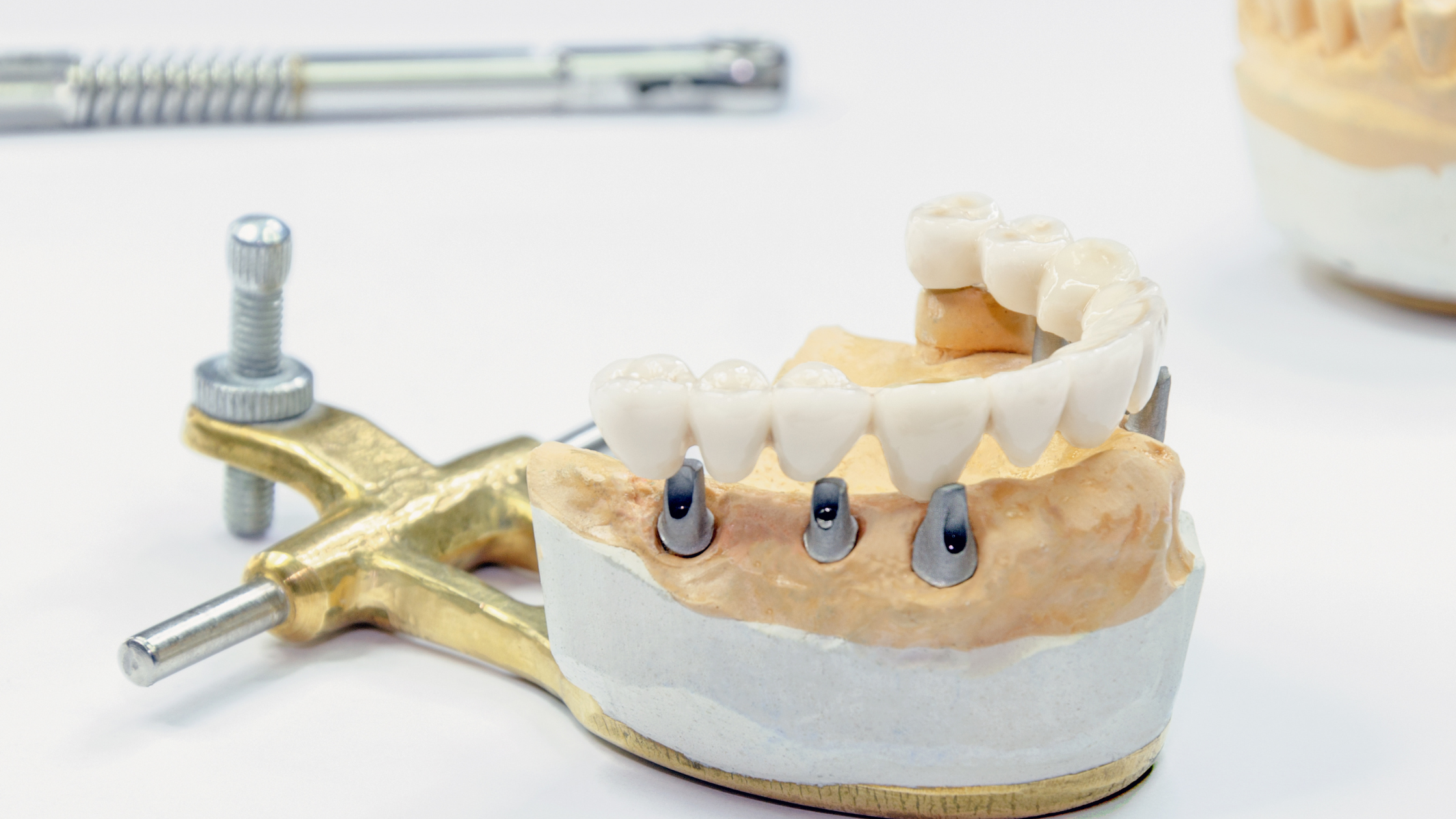
Is the Investment Worth It? Weighing the Benefits of Dental Implants
Introduction
Dental implants have become an increasingly popular option for individuals with missing teeth. This article will explore the question, "Is the investment worth it?" by examining the benefits of dental implants and addressing common concerns such as cost, coverage, and pain. With this information, you'll be able to make an informed decision about whether dental implants are right for you.
Is the Investment Worth It? Weighing the Benefits of Dental Implants
Dental implants offer numerous benefits that make them a worthwhile investment for many individuals. Let's take a closer look at these advantages and how they can improve your quality of life.
Improved Appearance and Confidence
One of the primary benefits of dental implants is their ability to restore your smile and improve your overall appearance. Unlike dentures or bridges, which can look artificial or cause discomfort, dental implants function and appear just like natural teeth. This restoration can boost your self-confidence and allow you to feel more comfortable in social situations.
Enhanced Oral Functionality
When you have missing teeth, simple tasks like eating and speaking can become challenging. Dental implants provide a long-term solution by replacing missing teeth with artificial ones that function just like natural teeth. With dental implants, you'll be able to chew food properly, speak clearly, and enjoy all of your favorite activities without any restrictions.
Durability and Longevity
Unlike other tooth replacement options, such as dentures or bridges that may need frequent replacements or repairs, dental implants are designed to last a lifetime with proper care. The implant itself is made from durable materials such as titanium, which integrates with the jawbone over time to create a strong foundation for the artificial tooth. This durability makes dental implants a cost-effective choice in the long run.
Preserving Jawbone Health
When you lose a tooth, the underlying jawbone can deteriorate over time. Dental implants help prevent this bone loss by stimulating the jawbone through the natural process of osseointegration. This not only maintains the integrity of your facial structure but also prevents future dental issues caused by bone loss, such as shifting teeth or a collapsed bite.
Convenience and Ease of Maintenance
Unlike removable dentures, which require regular removal for cleaning and maintenance, dental implants can be cared for just like natural teeth. Brushing, flossing, and regular dental check-ups are all that is needed to maintain your implants and ensure their longevity. This convenience makes dental implants a hassle-free option for individuals seeking a permanent tooth replacement solution.

How Much Are Dental Implants?
One common concern when considering dental implants is the cost. While dental implants may have a higher upfront cost compared to other tooth replacement options, they offer long-term value and durability that make them worth the investment.
The exact cost of dental implants can vary depending on several factors, including the number of missing teeth, the need ageless-smiles.com.au for additional procedures such as bone grafting or sinus lifts, and the location of the dental practice. On average, however, a single dental implant can range from $3,000 to $4,500.
It's important to keep in mind that while the upfront cost may seem high, dental implants are designed to last a lifetime with proper care. When comparing this long-term value to the potential costs of alternative options that may require frequent replacements or repairs, many individuals find that dental implants are a more cost-effective choice in the long run.
Are Dental Implants Covered by Medicare?
Medicare coverage for dental procedures can be limited. In general, Medicare does not cover routine dental care or most dental procedures unless they are deemed medically necessary. Unfortunately, this means that Medicare typically does not cover the cost of dental implants for most individuals.
However, it's essential to check with your specific Medicare plan and provider to understand the extent of your coverage. While dental implants may not be covered under traditional Medicare, some Medicare Advantage plans or supplemental insurance policies may offer partial coverage or discounts for dental procedures.
Are Dental Implants Painful?
The idea of undergoing a dental procedure can be intimidating, especially when it comes to the potential for pain. However, with modern advancements in dentistry and anesthesia techniques, the discomfort associated with dental implant surgery is typically minimal.
During the procedure, your dentist or oral surgeon will administer local anesthesia to Dental Implants Perth numb the area being treated. This ensures that you do not feel any pain during the surgery. Additionally, sedation options such as oral sedation or IV sedation may be available for individuals who experience dental anxiety or prefer to be more relaxed during the procedure.
After the surgery, you may experience some discomfort or swelling, but this can generally be managed with over-the-counter pain medications and ice packs. Most individuals find that any discomfort subsides within a few days, and they can resume their normal activities relatively quickly.
Frequently Asked Questions
Can anyone get dental implants?
Yes, most individuals are good candidates for dental implants as long as they have good oral health and sufficient jawbone density to support the implant.
How long does the dental implant process take?
The timeline for dental implants can vary depending on individual circumstances. On average, the entire process can take anywhere from three to six months.
Will my dental insurance cover the cost of dental implants?
Dental insurance coverage for dental implants varies by plan and provider. It's essential to check with your insurance company to understand your specific coverage.
Are there any risks associated with dental implant surgery?
As with any surgical procedure, there are potential risks involved in dental implant surgery. However, these risks are minimal and can be mitigated by choosing an experienced and qualified dentist or oral surgeon.
Can dental implants be done on the same day as tooth extraction?
In some cases, immediate dental implants can be placed at the same time as tooth extraction. However, this is dependent on individual circumstances and should be determined by your dentist or oral surgeon.
ol1/##
Conclusion
When considering tooth replacement options, it's important to carefully weigh the benefits of dental implants against any concerns you may have regarding cost, coverage, or pain. While dental implants may require a higher upfront investment, they offer a range of advantages that make them a worthwhile long-term solution.
From improved appearance and confidence to enhanced oral functionality and convenience, dental implants provide numerous benefits that can significantly improve your quality of life. By consulting with your dentist or oral surgeon and understanding your specific needs and circumstances, you'll be able to make an informed decision about whether dental implants are the right investment for you.